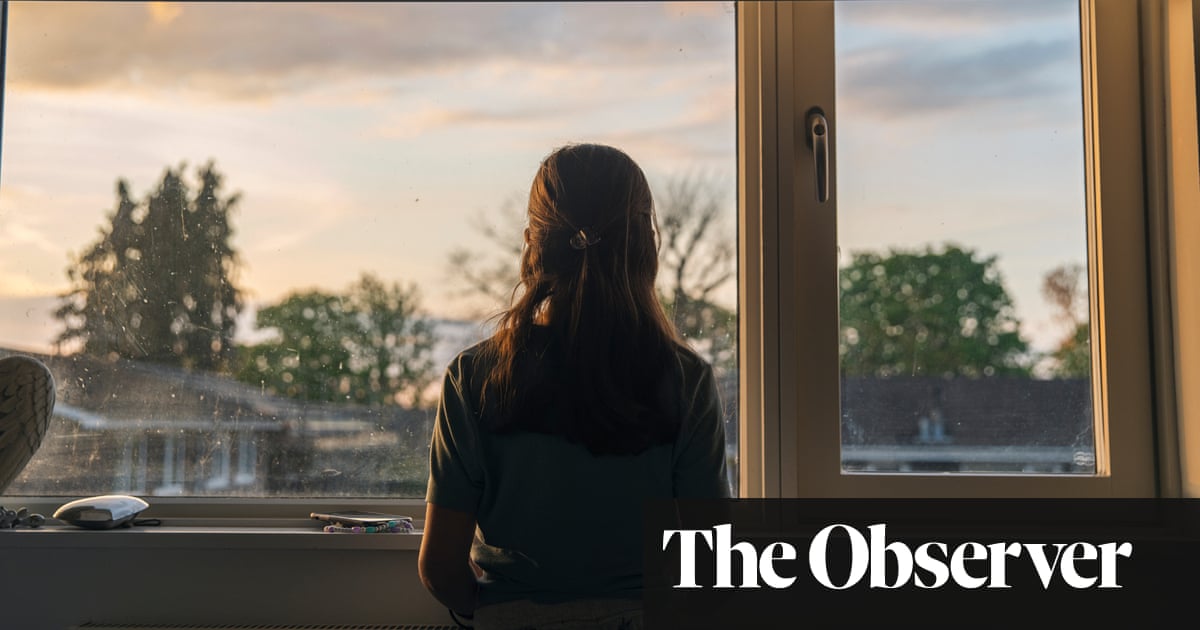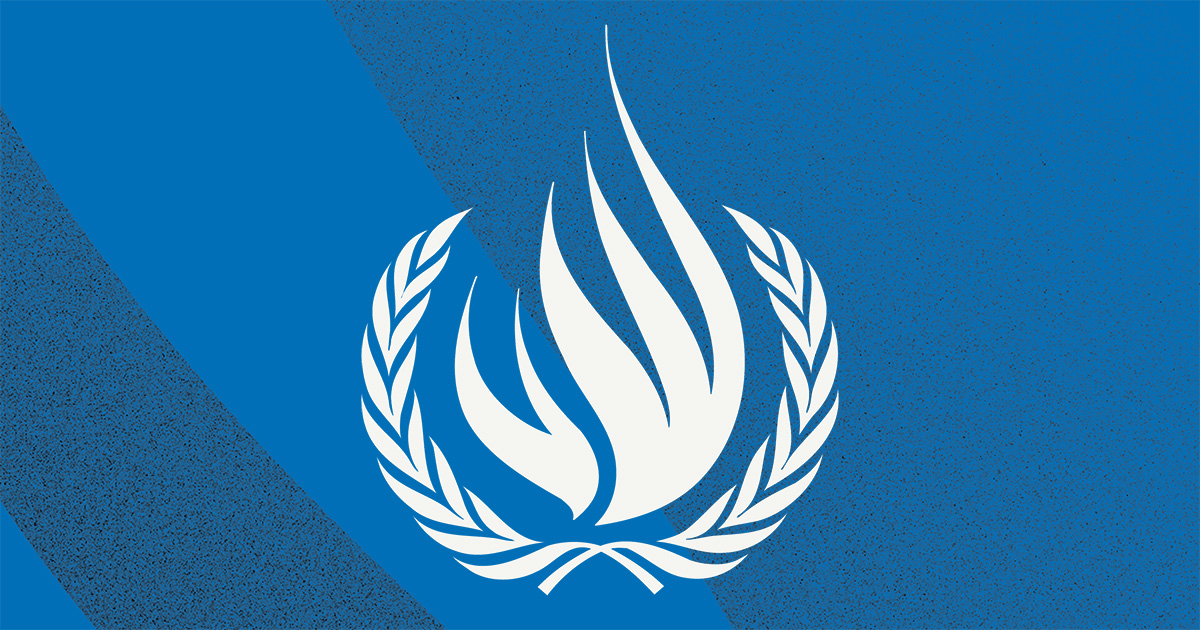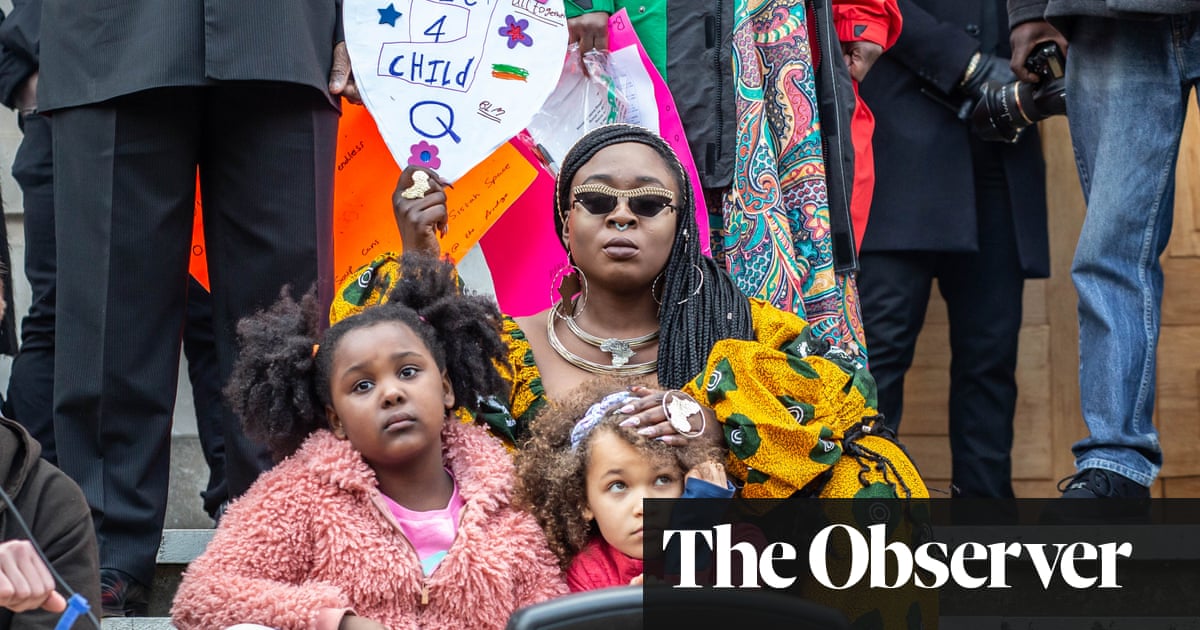
An alarming rise in sexual assaults on children by other children is being fuelled by access to a “toxic” online culture, Britain’s most senior child protection officer has warned, as an Observer investigation revealed a sharp increase in abuse by under-18s reported to police.
Police records of rape, sexual assaults and incidents of abuse carried out by young children in England and Wales have all seen a significant increase since the Covid pandemic. The Observer has also uncovered an 81% rise in reported incidents that took place on school property. One leading expert said the problem had reached “alarming levels”.
In an interview with the Observer, Ian Critchley, the National Police Chiefs’ Council (NPCC) lead for child protection, said that access to violent pornography and misogynistic content via smartphones was contributing to a “hugely concerning” trend. He called on social media firms to do more as he warned of the new dangers brought by artificial intelligence and the growth of “sextortion” among young people, where they are coerced into taking compromising pictures of themselves.
“While adults continue to always cause the greatest harm to a child, the recorded crime being committed over the last few years is a hugely concerning issue,” he said.
“The increased use of smart devices by young people, the access to harmful material [and] to violent pornography,” he added, has “become normalised now in the behaviour of young people.
Ultimately, we have tech companies who are making billions of pounds, who are influencing the behaviour of young people – who are putting profit before the impact that this is having on society.”
Critchley said that implementation of the Online Safety Act, designed to clamp down on harmful content, was crucial. “That’s having a huge impact on generation norms,” he said. “As well as the sharing of images, we’re also seeing an increased number of reports of ‘sextortion’.”
He said that he continued to have concerns about the use of end-to-end encryption, adding: “Ultimately, we need to change the online environment from one that has become so toxic and so harmful for young people, to one that actually gives them a safe space.”
The Observer examined data covering 39 of the 43 police forces in England and Wales released under the Freedom of Information Act. Between 2019 and 2022, it suggested a 40% increase in reports of sexual assaults and rapes where both the alleged victim and perpetrator were under 18. There was a 33% increase in rape reports and a 26% increase in reports where the allegation was against a child aged under 10.
While forces differed in the breadth of information they shared, the responses showed that reports of sexual abuse, rape and some other sexual offences had increased from 20,000 in 2019 to more than 28,000 in 2022. More than 2,700 incidents were recorded as taking place on school property in 2022.
The concerns come as Esther Ghey, the mother of murdered teenager Brianna Ghey , calls for smartphones to be made available for teenagers without social media apps.
Children’s charities warn that allegations of sexual assault and rape are the most extreme examples of a spectrum of behaviour that pupils and young people are facing from their peers. Charities that talk to students about consent also reported hearing increasingly worrying views expressed by young men, such as claims that consent was affected by what a woman was wearing, or whether they were already in a relationship with the person accused.
It comes weeks after a report from the NPCC said that while offending by adults against children was usually more serious, 52% of alleged offenders were children.
Simon Bailey, who previously served as the NPCC’s lead for child protection, is now the trustees chair for the Embrace charity, which supports young people harmed by crime. He said: “The scale of peer-on-peer sexual abuse has reached alarming levels. Young men in particular are being influenced by pornography and their social media feeds, and I believe the increases we are seeing in this crime type are behind this troubling trend. Urgent action is needed from all sectors to combat and prevent further escalation of these horrific crimes.”
Critchley said he had no intention to “criminalise a whole generation of young people”, instead urging action from social media firms, for schools to be given a stronger statutory role in child safeguarding laws and for parents to engage their children in conversations about what is acceptable. “I speak very carefully as somebody who served in policing for a long time, but also a father of three,” he said.
“I know only too well the challenging nature of the conversation. But if that conversation is after the harm has already been caused, it’s too late – and the consequences are too great.
“Conversations should take place in terms of what is acceptable, in terms of clearly seeking to dissuade and raise the awareness around the sharing of nude images, acceptable behaviour towards other people – particularly in terms of boys towards girls – and also confidence to report to somebody who’s trusted. And to not accept behaviour that shouldn’t be normalised or tolerated.”
Critchley warned that AI was creating new challenges and called on the major tech firms to tackle ways to ensure its safe use from the start. “We’re seeing nudification of both celebrities and also fellow classmates,” he said.
“It’s a further risk, but one in which we know we can use artificial intelligence in a positive way. Again, this needs to be designed out and prevented at the start rather than actually responding and consistently picking up the pieces, where victims and children have been hurt and harmed in the most appalling way.”
He also called for the full implementation of the Online Safety Act, which obliges online platforms to prevent children from accessing harmful and age-inappropriate content; to enforce age-limits; and to provide parents and children with clear ways to report problems.











